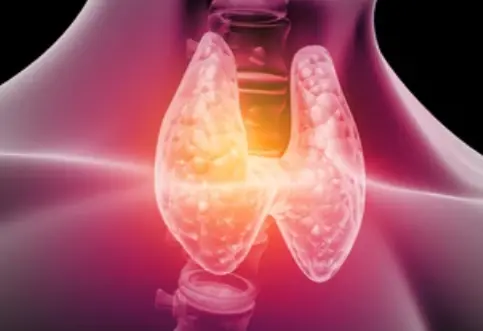 Welcome
Welcome
“May all be happy, may all be healed, may all be at peace and may no one ever suffer."
- A
- B
- C
- D
- E
- F
- G
- H
- I
- J
- K
- L
- M
- N
- O
- P
- Q
- R
- S
- T
- U
- V
- W
- X
- Y
- Z
Non-Hodgkin lymphoma - Generics
Non-Hodgkin lymphoma (NHL) is a type of cancer that affects the lymphatic system, which is part of the immune system. It involves the uncontrolled growth of abnormal lymphocytes, a type of white blood cell, which can accumulate in the lymph nodes, spleen, bone marrow, and other organs.
There are many different types of NHL, which are classified based on the type of lymphocyte involved, the degree of differentiation, and other factors. The most common types of NHL include diffuse large B-cell lymphoma, follicular lymphoma, and mantle cell lymphoma.
Symptoms of NHL may include enlarged lymph nodes, fever, night sweats, weight loss, fatigue, and general malaise. Diagnosis usually involves a combination of medical imaging, blood tests, and biopsy of an affected lymph node or organ.
Treatment for NHL depends on the type and stage of the disease, as well as the patient's overall health. Treatment options may include chemotherapy, radiation therapy, immunotherapy, or a combination of these treatments. In some cases, stem cell transplantation may be used to replace damaged cells with healthy ones.
The prognosis for NHL depends on the type and stage of the disease, as well as the patient's age and overall health. Early detection and treatment can improve outcomes, and some forms of NHL can be cured with appropriate treatment. However, some types of NHL are more aggressive and may be more difficult to treat.
Regular medical follow-up is important for people with NHL, even after successful treatment, to monitor for any recurrence of the disease.

Sweating feet

Heartburn & gastritis

Graves disease

Gastro-oesophageal reflux...

Aid in diffusion of local...

Travelers diarrhea

During pregnancy & after...

Balanced anesthesia
Non Hodgkin lymphoma, নন হজক্কিন লিম্ফোমা
To be happy, beautiful, healthy, wealthy, hale and long-lived stay with DM3S.